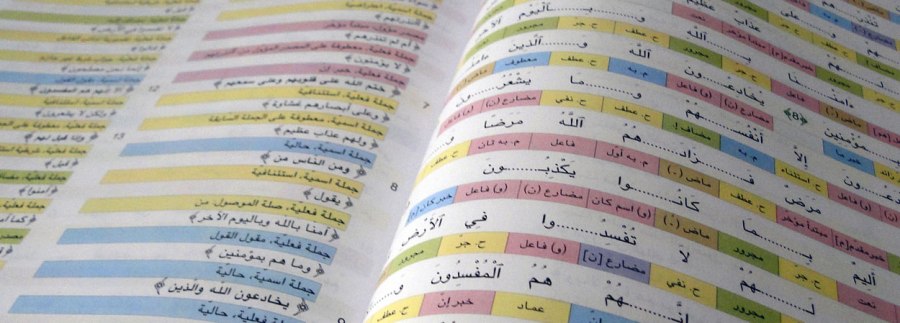The following is the first chapter of a translation taken from Qārī Siddīq Bāndwī’s Tashīl al-Naḥw that I was involved in through some editing and translating along with two former students. The project was put on hold in an attempt to first complete another work that was near the final draft stage. I have produced the draft here… Continue reading Draft of the First Chapter of a Tashīl al-Naḥw Translation
-
Subscribe
Subscribed
Already have a WordPress.com account? Log in now.
